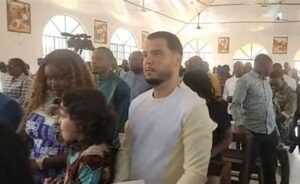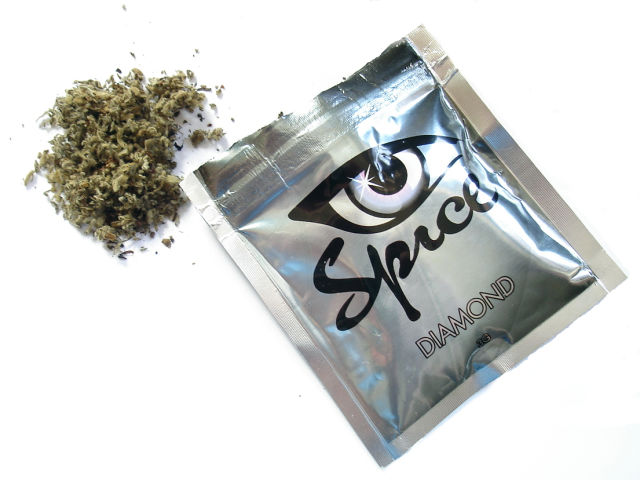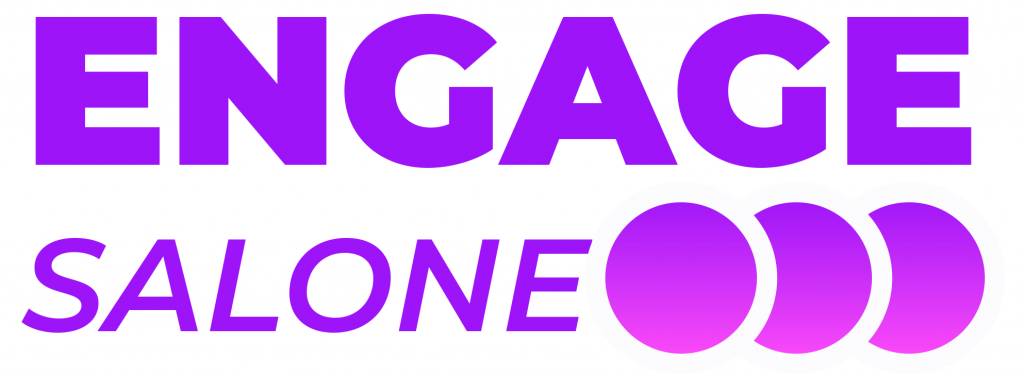Sierra Leone stands at a crossroads. Once hailed as a beacon of post-conflict recovery, our nation now faces a creeping menace that undermines its hard-won peace and security. The twin scourges of cocaine trafficking and the rampant spread of the synthetic drug Kush are not only public health crises—they are threats to our national security, international image, and gnaw at the very fabric of our society. The stakes could not be higher, but the State’s response so far seems disproportionate to the threat.
A few months ago, suitcases suspected to contain cocaine were found in a Sierra Leonean embassy vehicle in Guinea, a stark reminder of how deeply drug trafficking has infiltrated our institutions, not sparing the smartness and sharpness of the foreign service. This incident, which prompted the recall of our ambassador, is not an isolated embarrassment—it is a symptom of a broader malaise. Since his return to Sierra Leone, the Ambassador has been seen roaming around freely and actively engaging in political activities while the public watches on in awe. This is in addition to the alleged haven granted to a convicted Dutch drug baron, Jos Leijdekkers, amplifying the stakes. Known as “Bolle Jos,” this fugitive’s presence in Freetown is a national embarrassment, a glaring symbol of how deeply narco-networks have infiltrated our society, threatening to unravel decades of progress and stability. West Africa has long been a transit hub for cocaine en route from Latin America to Europe, but the complicity of officials – mostly in high places – signal a dangerous evolution. When diplomatic assets and foreign missions are implicated in drug trafficking; and senior state officials, including family members of the President, are linked to a convicted drug baron, it tarnishes Sierra Leone’s international reputation and exposes us to the dangerous cartels who may now be looking at exploiting our weaknesses. Instead of being seen as a nation on the rise, we risk being branded a narco-state or even becoming one—a status that erodes investor confidence, deters tourism, and isolates us diplomatically.
Again, the State’s response to Jos Leijdekkers has been nothing but unconvincing, if not complicit. There has only been one dismissal of the several people whose names are linked to Leijdekkers. Despite the glaring evidence of his presence in Sierra Leone and his apparent powerful connections, the Government seems to have adopted a “we-don’t-know-that-man” response.
Meanwhile, on our streets, Kush—a cheap, synthetic cocktail of many things and anything, including cannabis, opioids, and sometimes even formaldehyde—has ensnared our youth in a vice of addiction and despair. President Julius Maada Bio’s declaration of a national emergency in April 2024 was a clarion call, yet the response has been woefully inadequate. Apart from the hype and the formation of a task force, there has been no clear strategy and response. Psychiatric wards overflow with young people ravaged by psychosis and organ failure, while cemeteries are desecrated by those seeking human bones to fuel this deadly high. The sight of listless “zombie-like” youth staggering through Freetown is a haunting indictment of our failure to protect the next generation. This is not just a health crisis – it’s a security powder keg. Unemployed and disillusioned, these young people—at least 75% of our population is under 35—are prey for criminal syndicates, including those linked to Leijdekkers, and ripe for political exploitation, jeopardizing our fragile peace. And the people who are supposed to be leading the fight against drugs have been seen in public with the likes of Leijdekkers. Who knows who else?
The implications for democracy and governance are dire. Drug trafficking thrives in the shadows of corruption, and Kush’s spread exposes the fragility of our institutions and social services. When police struggle to curb trafficking routes—like the Kambia district hotspot near Guinea —or when rehabilitation centers remain underfunded and overstretched, it signals a government stretched beyond its capacity or will. The lack of transparency in addressing high-level involvement, such as in the embassy incident, breeds distrust. Imagine the embarrassing claim from the Sierra Leone Police that they could not locate Jos Leijdekkers in Sierra Leone despite his alleged ties to highly placed people—evidenced by his gifting officials at lavish parties—hint at State complicity and a rot within our national institutions. When a drug lord convicted of murder and trafficking operates with impunity, reportedly shielded by power, it erodes trust in the rule of law. The government’s apparent dilly-dally on his extradition, despite Dutch requests and a 200,000-euro bounty, fuels suspicion. How can citizens believe in a democratic system when the rule of law bends for the powerful? How can good governance flourish when resources meant for education, healthcare, and jobs are diverted to a losing battle against drugs?

Yet, this is not a hopeless narrative. Sierra Leone has overcome worse war, disease, and despair—and we can rise again. But it demands bold action from the government, with the President taking the lead in this fight.. First, we must demand accountability—extradite Leijdekkers, dismantle trafficking networks, and punish complicit officials. We must target the drug barons and their accomplices, not just the small-time dealers, dismantling supply chains with international cooperation. The Government’s dismissal of the immigration chief, who was placed on the chopping block as the sacrificial lamb, is merely cosmetic. Why is he not being prosecuted? And why is the Government not going after other high-profile officials? Second, we need a holistic approach to Kush—massive investment in mental health services, youth employment programs, and community-led awareness campaigns to destigmatize addiction and offer alternatives. Third, our leaders must model accountability, ensuring that no one, from diplomats to street vendors, is above the law. Only then can we restore our image as a nation of promise, not peril.
The world is watching. Our youth are dying. Our peace is fraying. Sierra Leone cannot afford to let drugs define its future. You only need to read the stories of drug cartels and other forms of organised crime to be even more scared about what lies ahead if concrete action is not taken now. As everyone watches, we must reclaim our story, proving that Sierra Leone is no haven for drug lords but a bastion of resilience and hope. If we are not decisive in our actions, the silent siege of cocaine and Kush will write a darker chapter we cannot erase.


